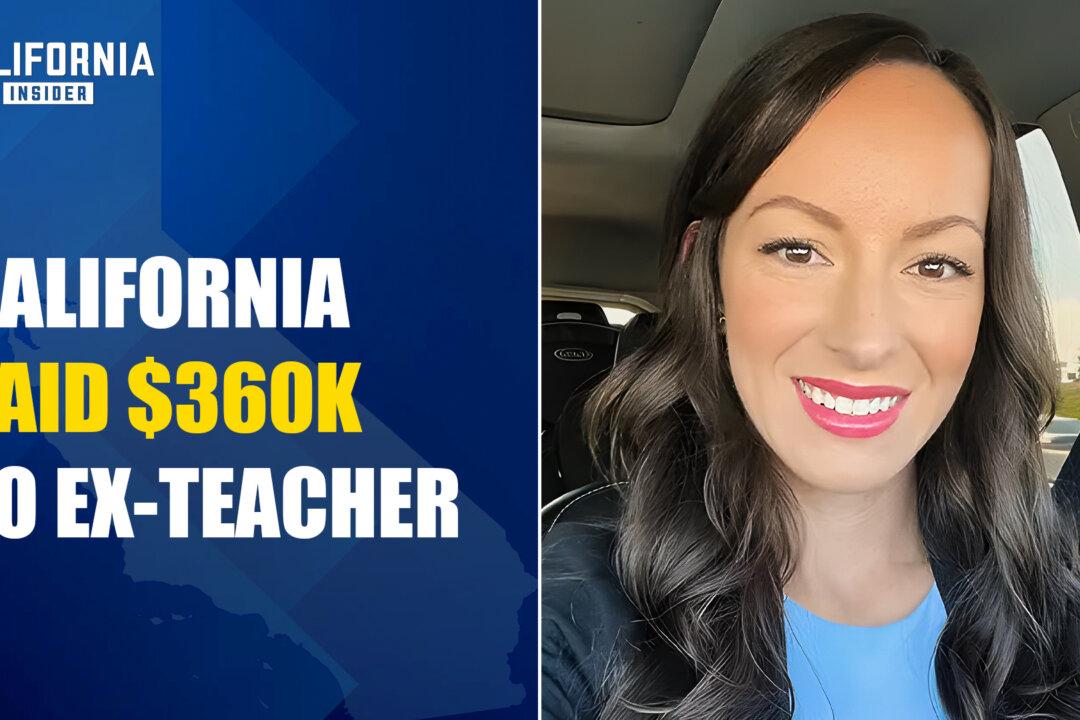In recent years, public schools in the United States have become battlegrounds for various ideological conflicts, one of which is the clash between personal beliefs and institutional policies. The case of Jessica Tapia, a former high school PE teacher from Jurupa Unified School District in Riverside, California, encapsulates this ongoing struggle. Her story, as told in a recent interview, sheds light on the challenges faced by educators whose personal convictions conflict with school directives, particularly concerning transgender student policies.
Teacher Fired For Her Belief Wins $360K in Lawsuit vs. California School District | Jessica Tapia

|Updated:




